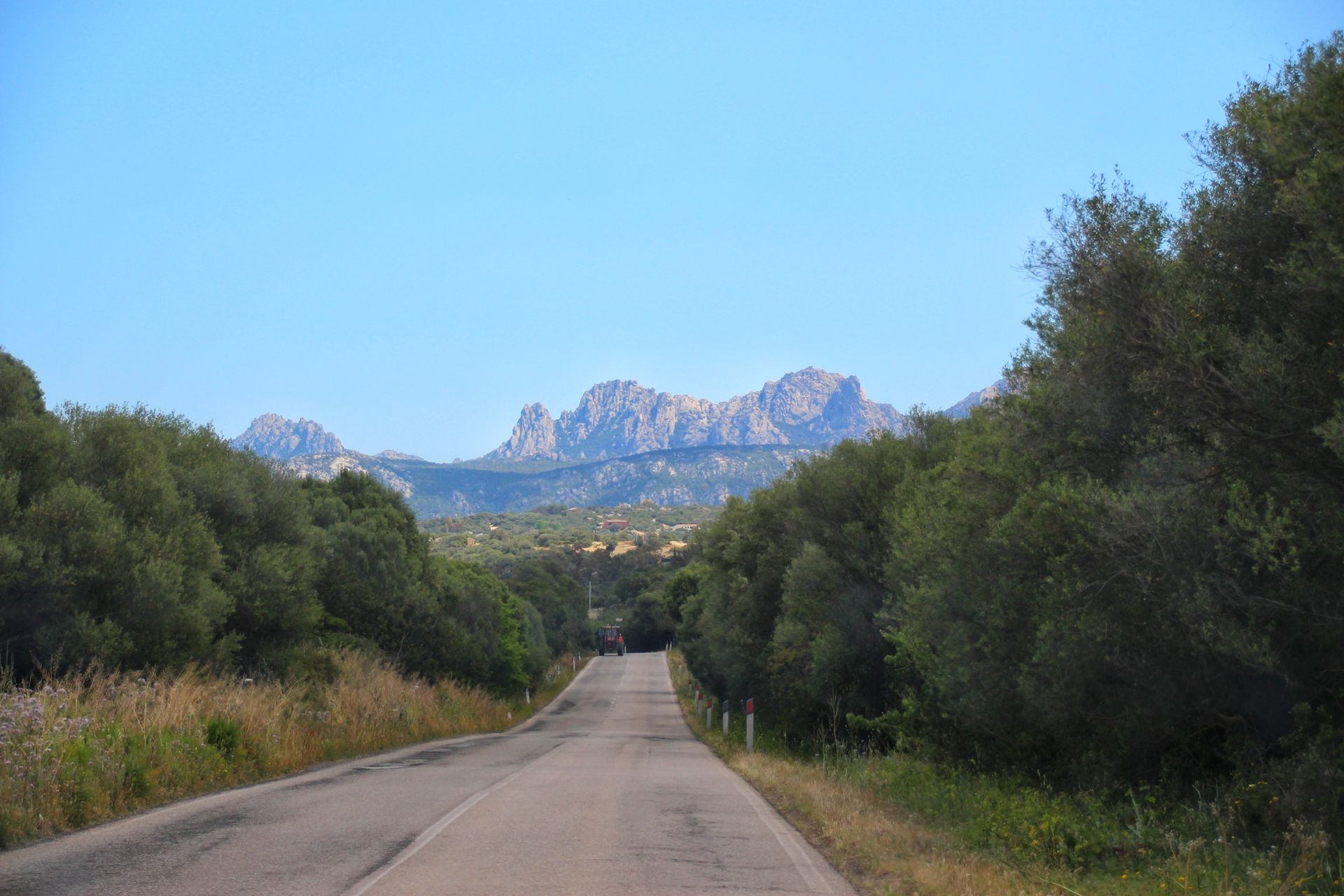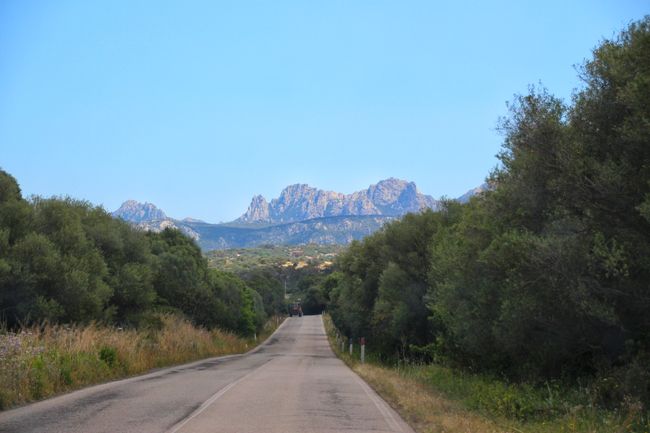Tag 10 to 14 in Oslje, Slano and Ston
Foillsichte: 24.08.2018
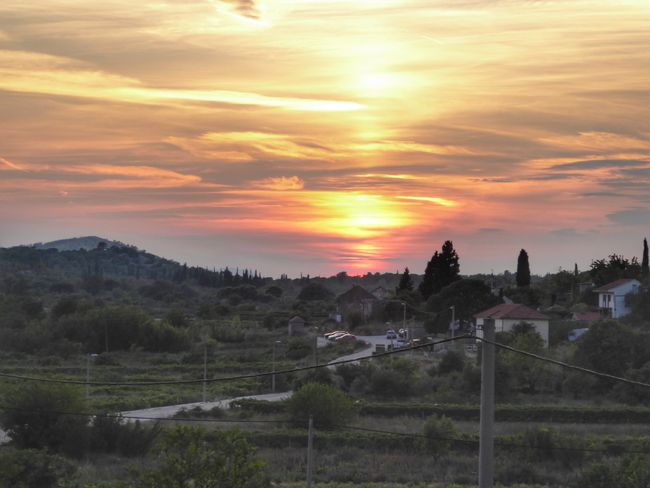
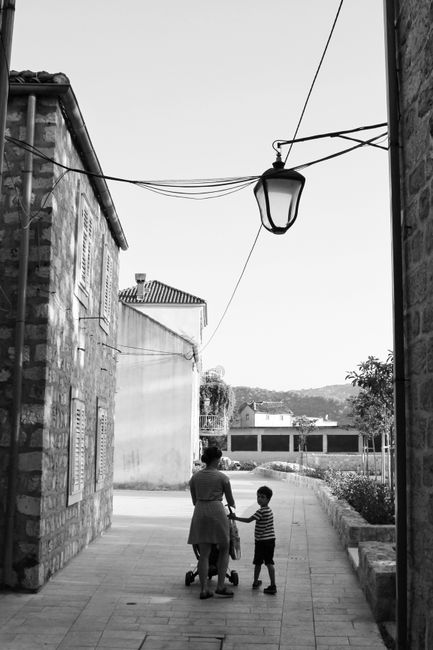
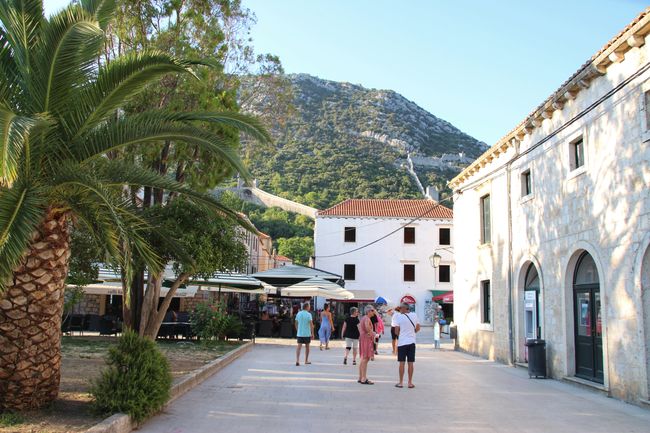
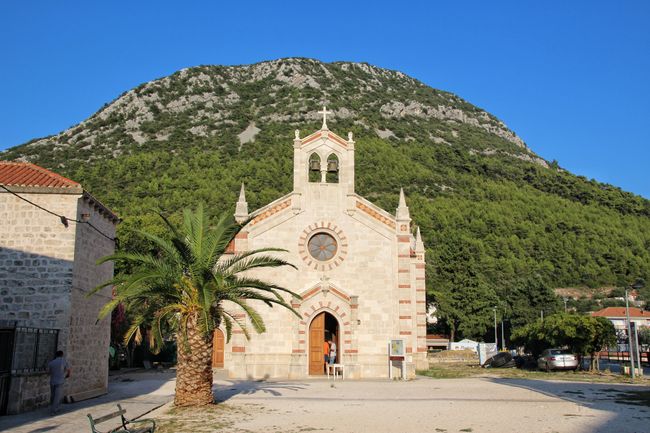
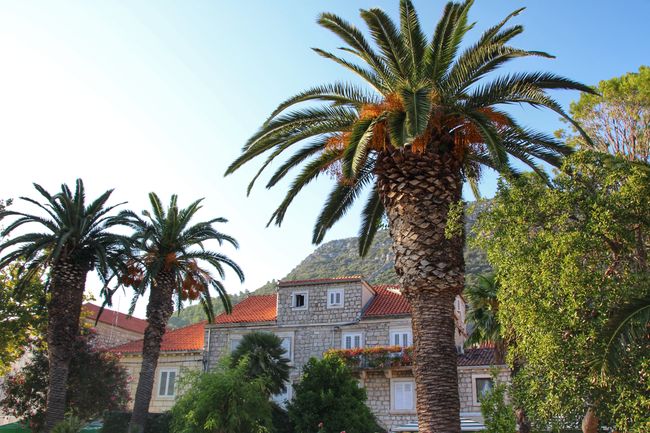
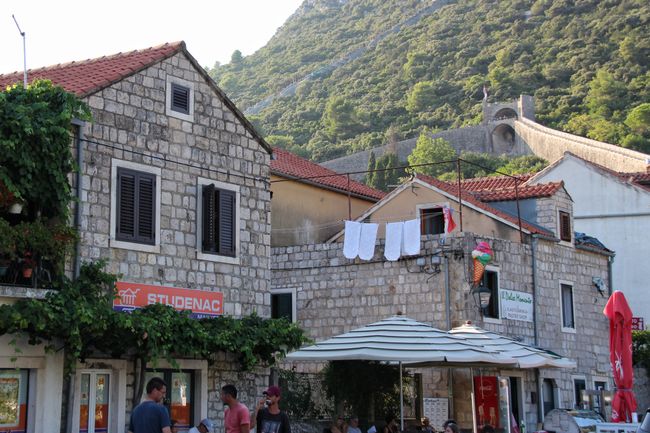
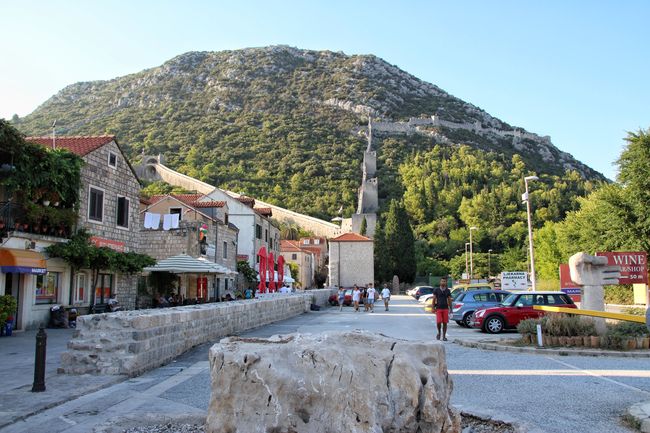
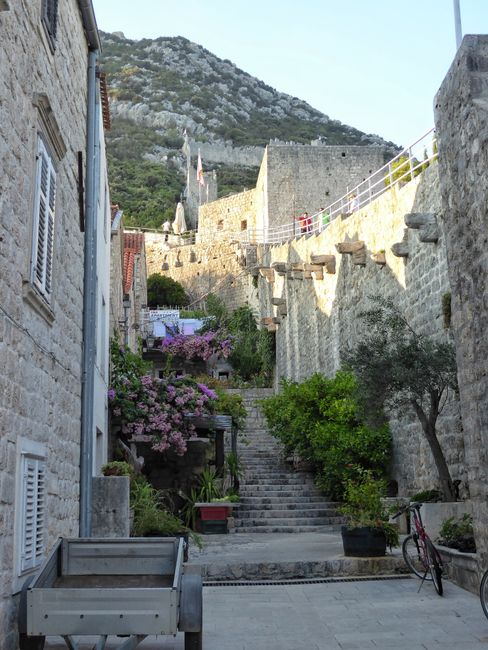
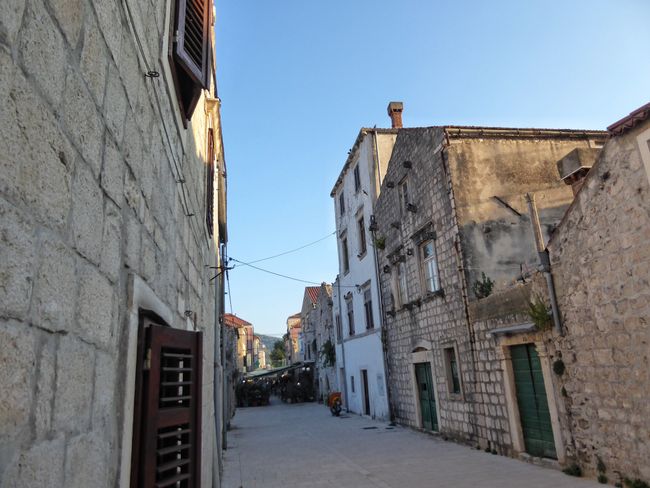
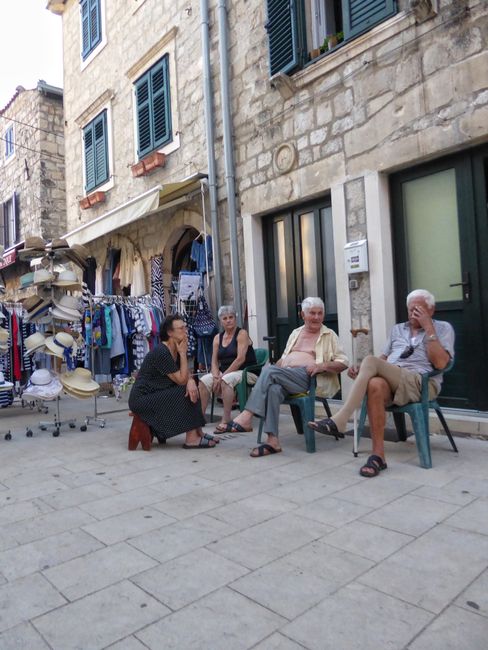
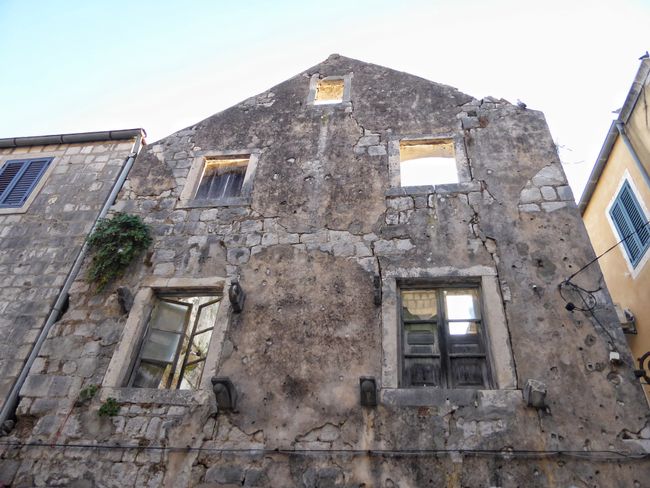
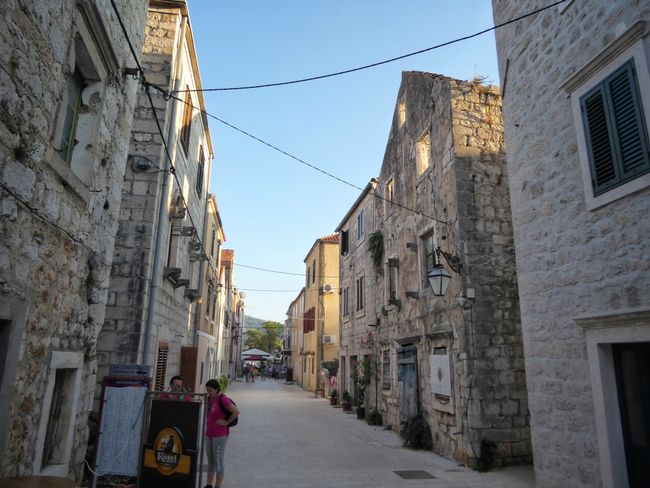
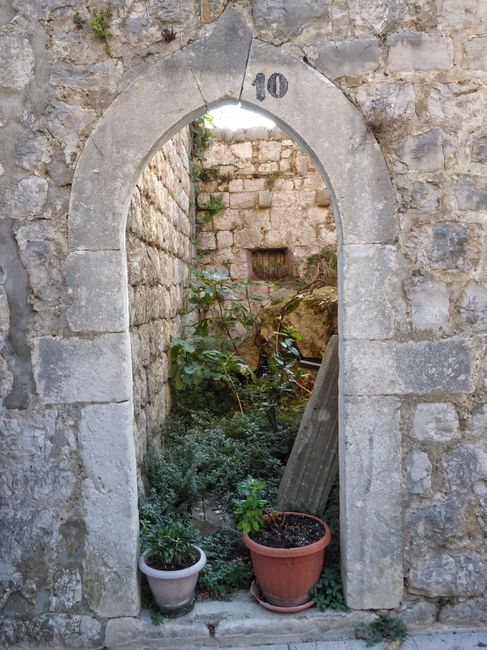
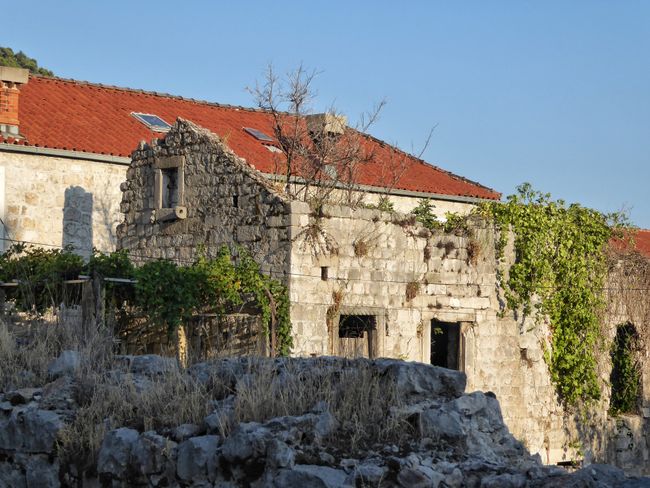
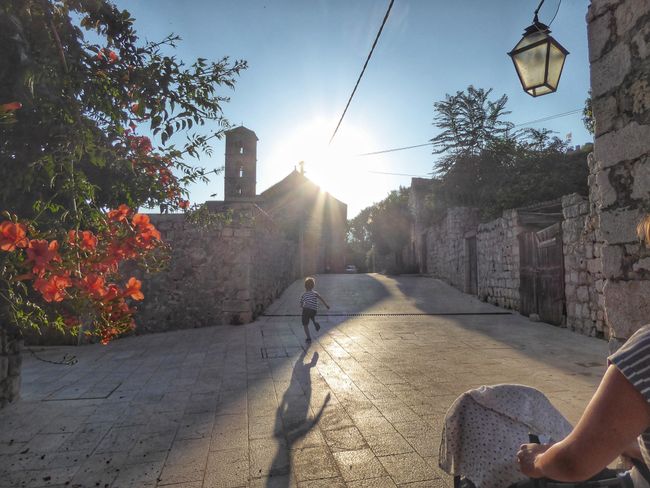
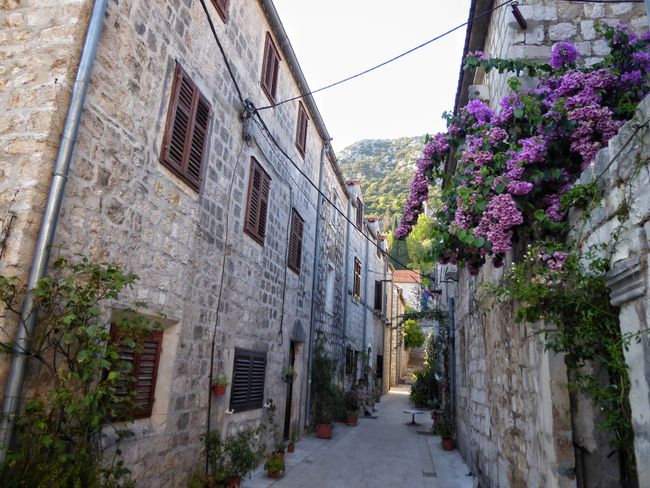
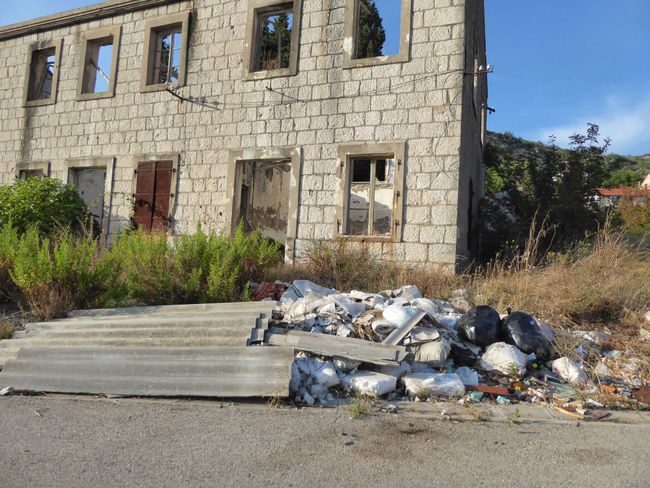
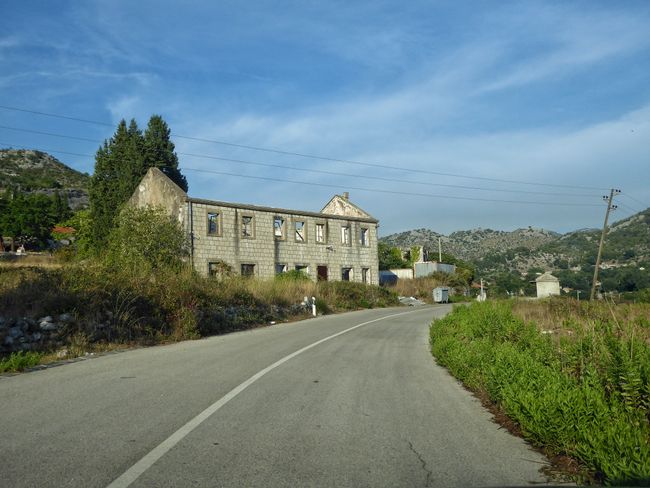
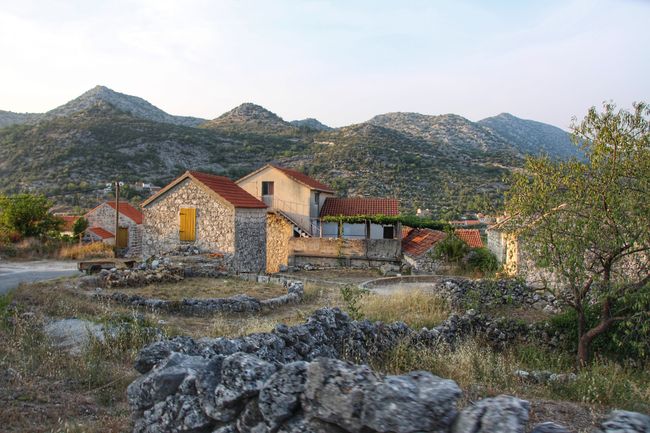
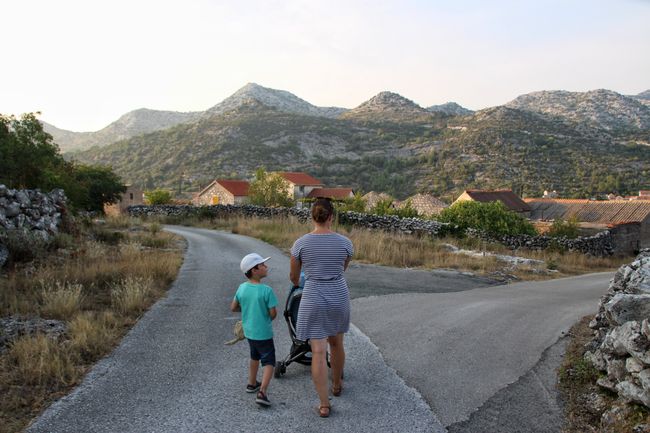
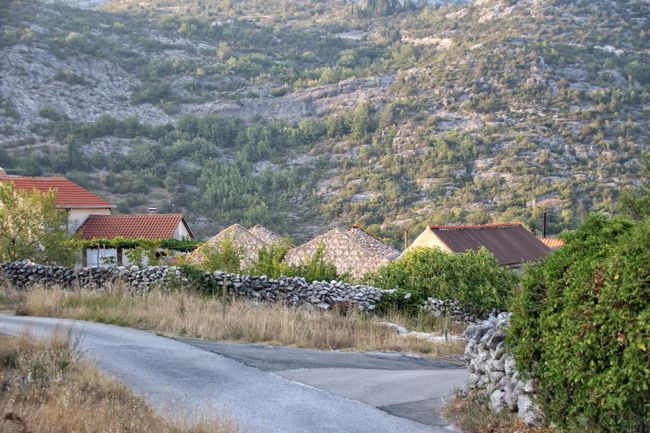
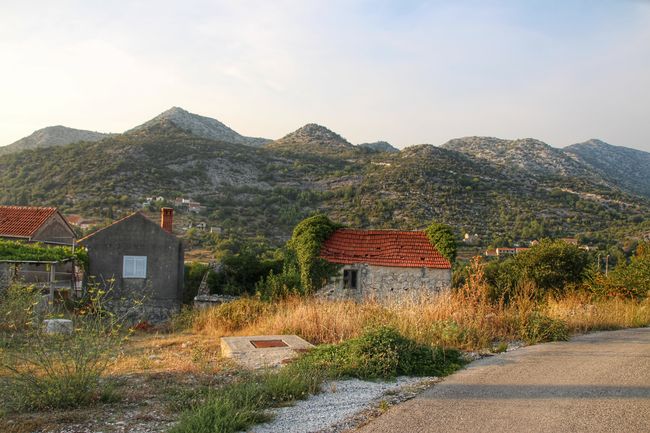
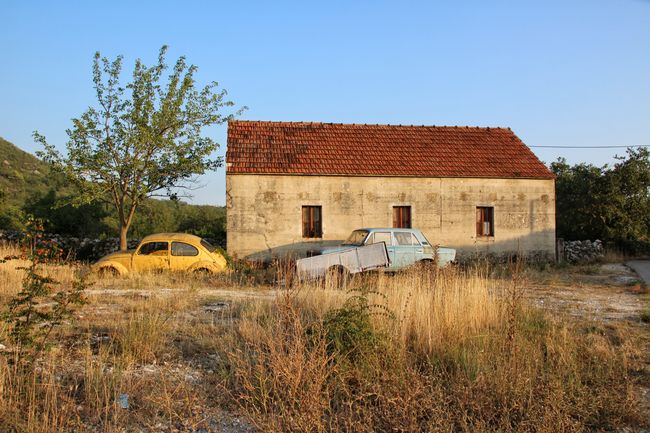
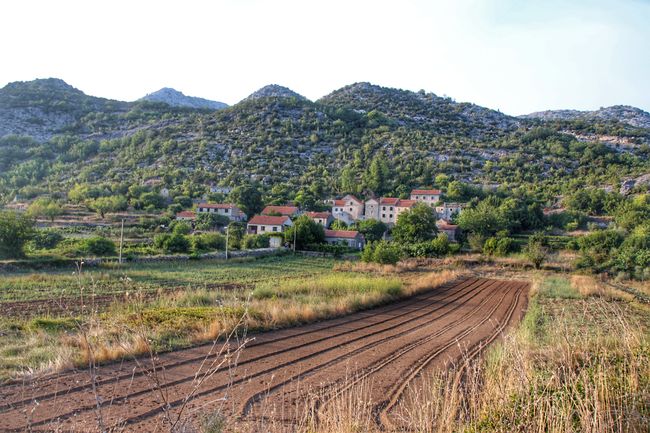
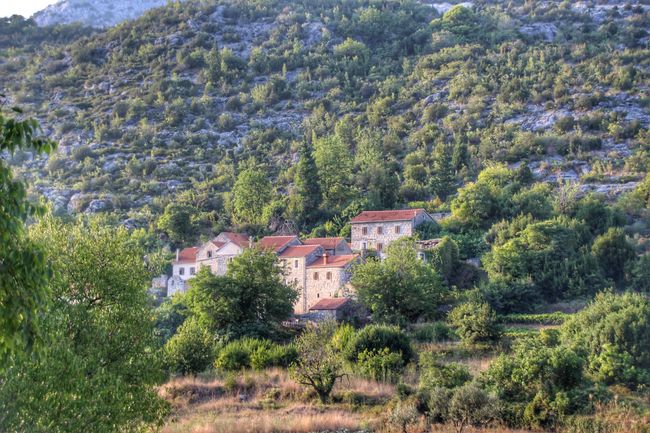
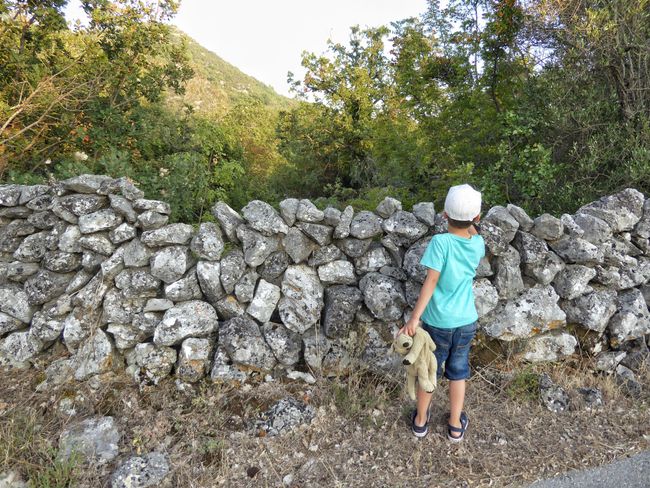
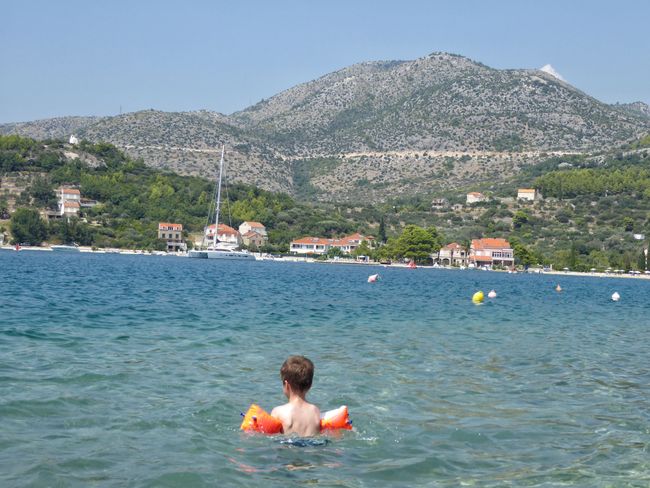
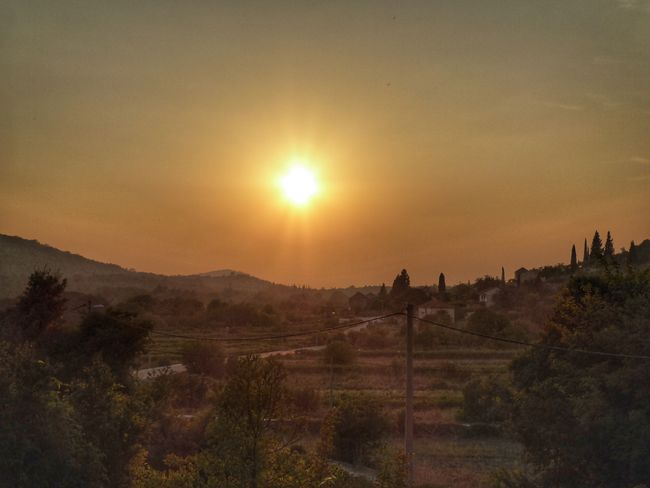
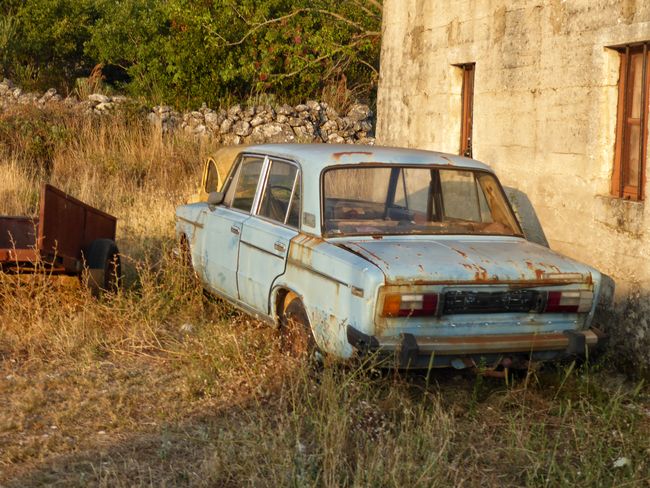
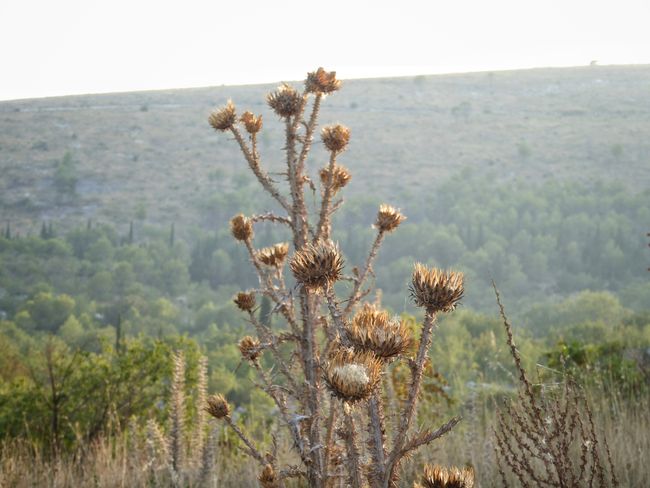
Subscribe to Newsletter
The second part of our stay in Croatia was supposed to take place in the Dubrovnik region. However, the prices in the historic city turned out to be exorbitantly high, so we decided to go for a somewhat secluded holiday home, but still within reach. The small village of Oslje was hardly even on the map beforehand and promised peace away from the mass tourism that prevails in the summer.
And so we set off from the bustling Kastela to the rural area, to a farm that advertised with home-grown vegetables, a small pool, and children's toys
To get to southern Croatia, it is unavoidable to pass through the three-kilometer-long municipality of Neum, which, however, does not belong to Croatian territory despite the many Croats living here, but to Bosnia and Herzegovina. So already on the approach, the countless series of border crossings began, but fortunately without any significant border traffic. Despite only a few kilometers difference, a completely new and unexpected world began after the bustling municipality of Neum. Green mountain slopes, lush vineyards, untouched coastal sections, and only nature as far as the eye can see. That was our home for the next few days. The small mountain village just beyond the border, which turned out to be nothing more than a small collection of mostly dilapidated stone houses, was quickly found, and even before arriving, we had a feeling that it would be VERY quiet in the next few days.
Our partially renovated holiday home was located right next to a war ruin, an image that we would quickly get used to in the next few days.
Our Croatian landlords warmly and enthusiastically welcomed us, along with their children of the same age as ours, and before we could even unload the car, we found ourselves on the terrace in the hustle and bustle of children with our mother-in-law, having coffee. As promised, there were vegetables from their own garden, cookies, juice boxes, and children's channels for the eldest, as well as homemade fig liqueur and wine in the refrigerator of the holiday apartment. We could not complain about the lack of hospitality. But there were too many wasps. Unfortunately, the idyllic countryside was considerably clouded by an incredible number of these creatures. The pool could only be used in the evening (too many wasps during the day) and the children's toys in the garden were also swarmed, as they were also under a roof of ripe grapes, which the wasps particularly loved.
At least the apartment was spacious, with its own children's room and a baby cot. And it was quiet, very quiet. Nothing was possible without a car, the nearest 'supermarket' was located behind the Bosnian border, and every other place was at least half an hour away. But there was a lot of untouched nature, cows on the street, and endless amounts of figs, blackberries, grapes, as well as all imaginable fruits and vegetables.
There were of course smaller excursions to the neighboring towns. So Slano turned out to be a lonely bathing paradise with a large marina, and Ston as a little gem on the Adriatic Sea.
The small town located on a peninsula (only 2,500 inhabitants) has several aces up its sleeve. A huge 14th-century fortification with walls that extend far into the mountains testifies to ancient times when the peninsula was supposed to be completely under control. Of the originally 40 towers and the 5 km long wall, a large part still stands today and can be visited. Furthermore, the region around Ston is known for its oyster and mussel farming. This place is no longer a secret tip for culinary guests, and so one restaurant after another lines up in the narrow streets of the old town, and the unmistakable smell of fresh fish is everywhere in the air. That makes Ston one of the most significant culinary destinations on the eastern coast of the Adriatic and well worth a visit!
Subscribe to Newsletter
Freagairt
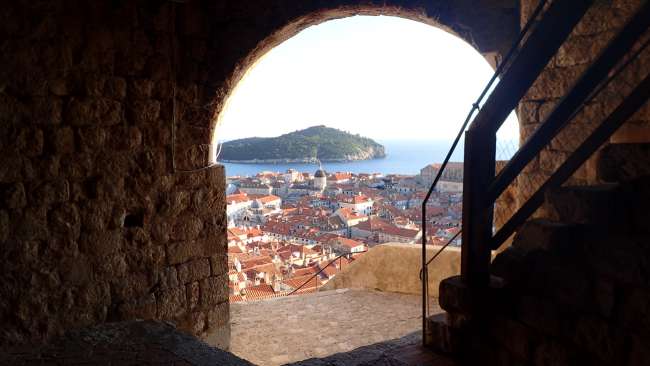
Aithisgean siubhail Croaisia
